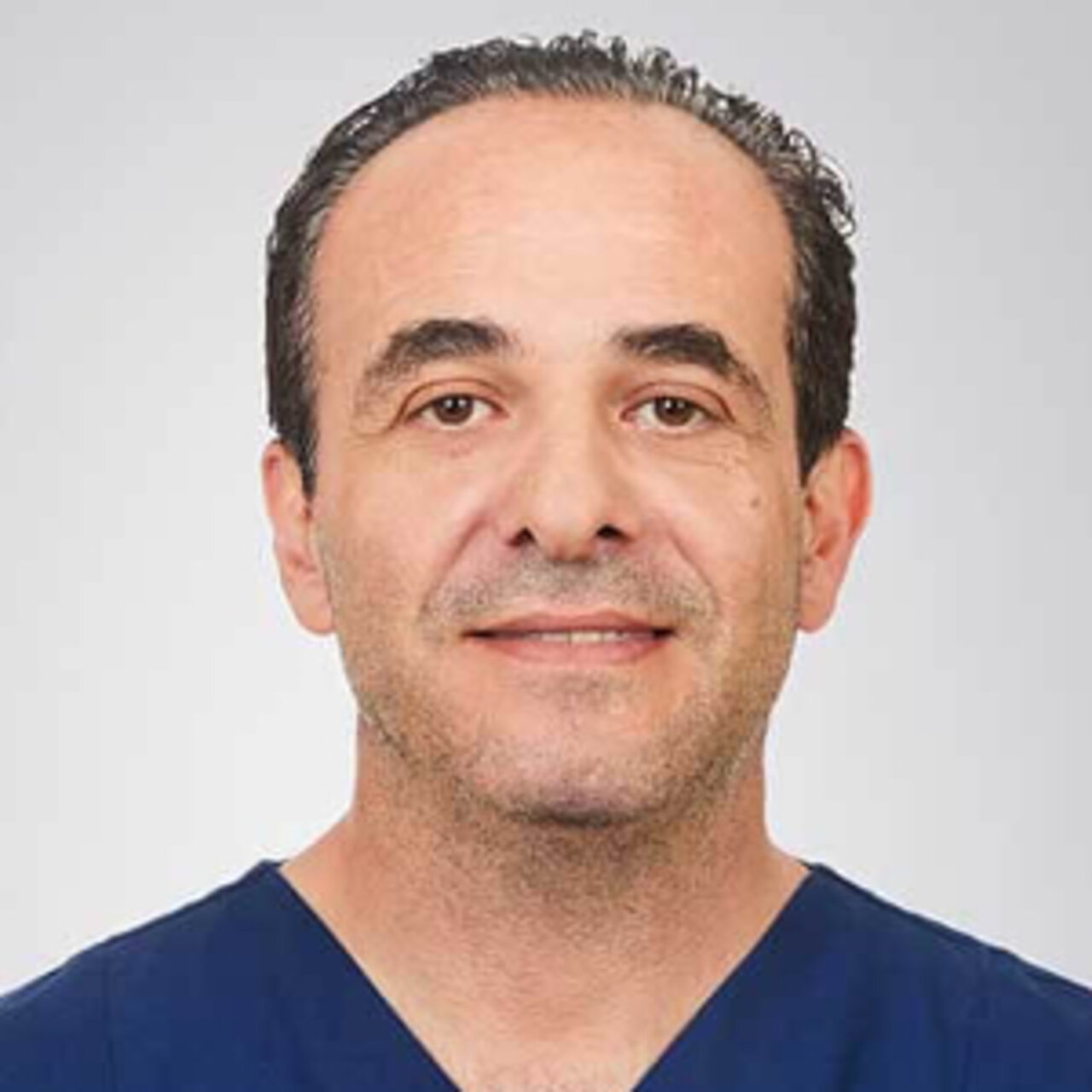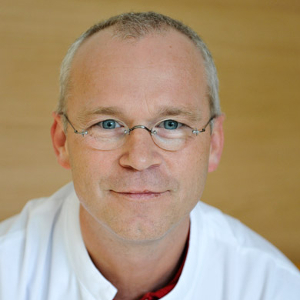Specialists in Laparoscopy
10 Specialists found
Information About the Field of Laparoscopy
What is a laparoscopy?
A laparoscopy serves as both a diagnostic and therapeutic operative procedure. According to whether the focus lies on the abdominal or pelvic organs, it can be called laparoscopy (Greek: he lapare - the abdominal cavity; skopein-viewing) or pelviscopy (Latin: pelvis).
In terms of the procedure, the two names do not differ, however, and can therefore be grouped together under the term laparoscopy.
During a laparoscopy, organs in the abdominal cavity and pelvis can be visualized and possibly operated on using a camera and very small incisions in the abdominal wall (hence laparoscopy is also known as a minimally invasive procedure).
When is a laparoscopy performed?
Many different reasons can require a laparoscopy.
In general, however, other diagnostic procedures are carried out before a laparoscopy (for example, depending on the symptoms, ultrasound, MRI or CT scan, or gastroscopy and colonoscopy).
Often, laparoscopy may be applied for gynecological issues (such as endometriosis, cysts or infertility), as it can visualize the ovaries, fallopian tubes as well as the uterus from the external surface of the organ.
Moreover, laparoscopy is used as a surgical procedure, for example, to remove the gall bladder, appendix or even tumors.
More generally, a laparoscopy can be performed to gain access to the abdominal (e.g. liver, stomach, intestines) and pelvic organs (e.g. uterus and ovaries) and to operate on them.
Procedure of a laparoscopy
Laparoscopies are always performed under general anesthesia. Additionally, blood tests and an ECG are routinely done prior to the procedure to help assess the risks (also those of general anesthesia).
This is followed by an educational conversation, during which the procedure as well as its risks can be discussed once again.
During the surgery itself, a small incision is made in the abdominal wall through which a camera is inserted as well as up to two additional incisions to introduce instruments (e.g. forceps or cutters).
The abdominal cavity is expanded by insufflating gas (carbon dioxide) to provide a better view of the organs and reduce the risk of injury.
The procedure itself can vary in duration based on what is being performed.
Once the examination and treatment are complete, the puncture sites are sutured with a few stitches.
Initially, the gas may cause some pain, however, it is quickly absorbed by the body and can be exhaled through the lungs.
Minor pain at the puncture sites can also be managed effectively with painkillers.
What are the risks?
Risks of laparoscopy are very low, but as with all medical procedures, complications can occur.
They include injury to internal organs, bleeding, infection, or thrombosis.
These problems, however, may also occur during open abdominal surgery (an alternative method to laparoscopy).
Patients will be briefed about the specific and individual risks associated with such a procedure during a consultation with the doctor, and they can ask any questions that may arise.
What are the advantages?
On the one hand, the advantages of a laparoscopy include the good visualization of internal organs, along with the low risks of this procedure.
On the other hand, laparoscopies have the benefit of fewer incisions than open surgery, reducing the risk of pain and adhesions, as well as a significantly superior cosmetic result.
With less pain, it is also possible to exercise sooner, which is very helpful for the patient's recovery.
Which doctors and clinics specialize in laparoscopy?
If you're in need of a doctor, you expect the best medical care possible. So of course patients are curious to find out what clinic to go to. As there is no objective way to answer this question and a legitimate doctor would never claim to be the best, patients must rely on a doctor's experience. Let us help you find an expert for your condition. All listed doctors and clinics have been reviewed by us for their outstanding specialization in the field of laparoscopy and are looking forward to your inquiry or wish for treatment.









